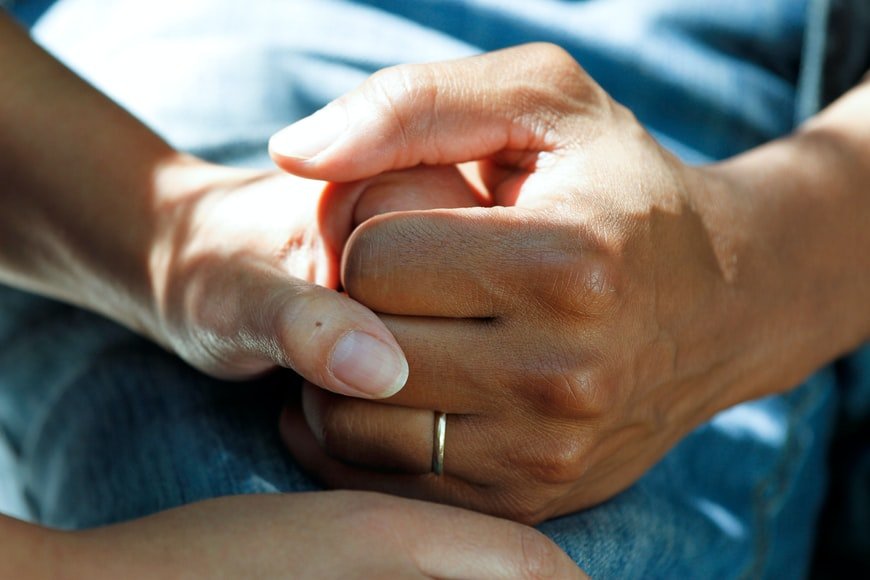Does Your Menstrual Cycle Affect Your PTSD?
Do you ever notice that your menstrual cycle has an effect on your mood? You have probably been aware of the mood swings you get. Maybe you have been testy with other people during your cycle or get really antisocial. Anxiety and depression may come into play during your period, but what about post-traumatic stress disorder?
Post-traumatic stress disorder is when you feel on edge after exposure or going through a traumatic event. People with PTSD could experience intense flashbacks or nightmares that make it hard to sleep or function with daily life. A recent study in Psychological Trauma: Theory, Research, Practice, and Policy proved that PTSD symptoms may appear during a woman’s cycle.
By knowing how your mental cycle affects your PTSD, you will understand how important it is to learn how to cope during this time.
 PTSD Symptoms
PTSD Symptoms
PTSD can cause you to want to avoid anything that reminds you of the traumatic event you experienced. Triggers can lead to irritability, low mood, and a loss of interest in what used to matter to you.
Women are twice as likely to develop PTSD than men. This is because women are more likely to experience sexual assault and shame for what they have gone through than men would. This will prevent them from seeking out treatment, making their symptoms worsen. Having a past mental health problem like anxiety or depression can also make PTSD harder to treat.
 What Happened in the Study
What Happened in the Study
The study had 40 women between the ages of 18-35 who had traumatic experiences with PTSD symptoms. The researchers used their saliva to measure their estradiol, cortisol, and alpha-amylase levels for stress.
Next, these women shared their stories of trauma and any PTSD symptoms they experienced after. Their stress biomarkers were measured again to see if anything changed after reliving their trauma.
The results showed that the PTSD symptoms of the women were worse during the lower estradiol portion of their period. Their symptoms became more apparent when they were reflecting on their experiences.
Estradiol
Estradiol is the main estrogen chemical that occurs when a woman first gets her period up until menopause. This hormone is responsible for taking care of the reproductive system by triggering ovulation and thickening the uterus lining. This is important for allowing an egg to come through.
Studies have shown that when estradiol declines during menopause or during postpartum, mood disorders have a chance of turning up. It is also said that people with low estradiol have unwelcomed memories after being exposed to trauma.
 Future PTSD Care
Future PTSD Care
This study has the potential to improve PTSD diagnosis and treatment. Any research that shows the challenges women go through with insurance and access to treatment can help them get the care they need.
If more doctors are aware of what could happen to women of trauma during their period, treatment plans could be stronger for them. This can be the opportunity for your doctor to adjust your medication or treatment plan.
It can be a reassuring feeling to know why it is you feel your PTSD symptoms are getting worse during your period. After all, you put in so much work during your PTSD treatment that you do not want to feel your symptoms resurfacing means your treatment is not working. It just means treatment changes must occur during a certain time of your life.
If you are still struggling with PTSD during your cycle, it is important to let a mental health professional give you the tools you need to heal.

